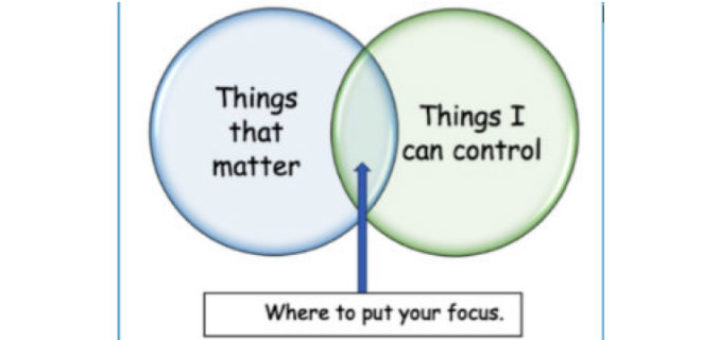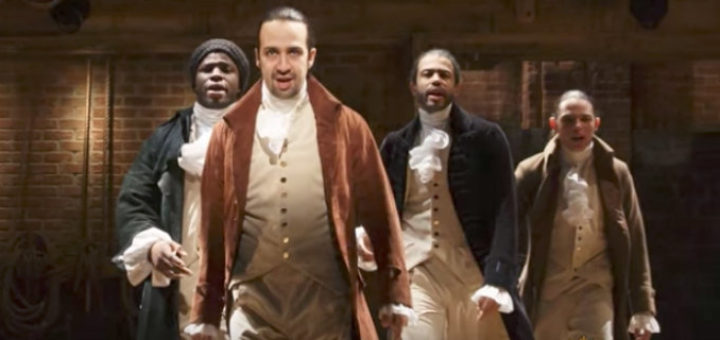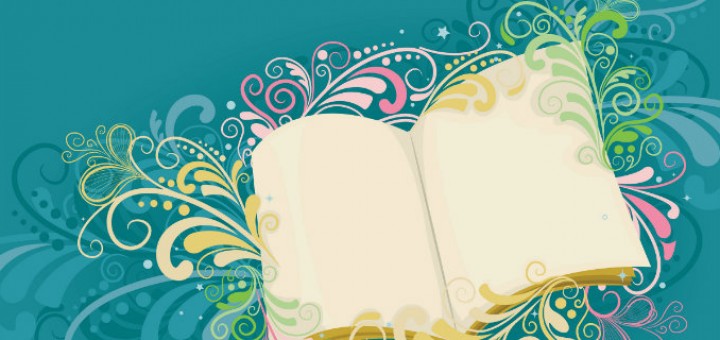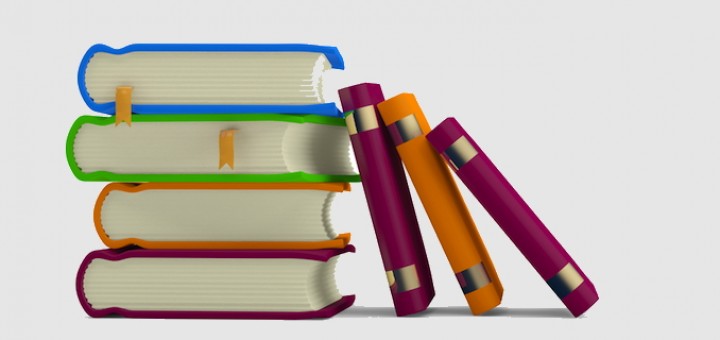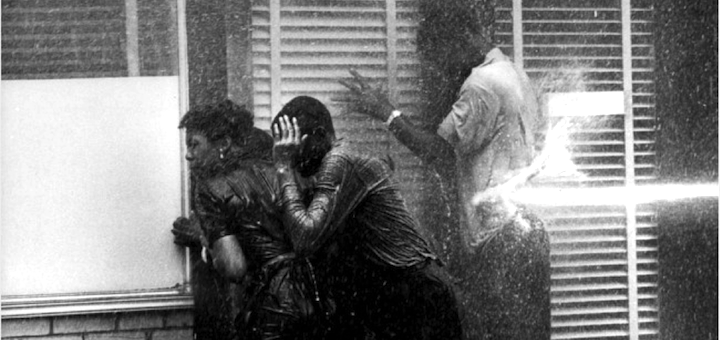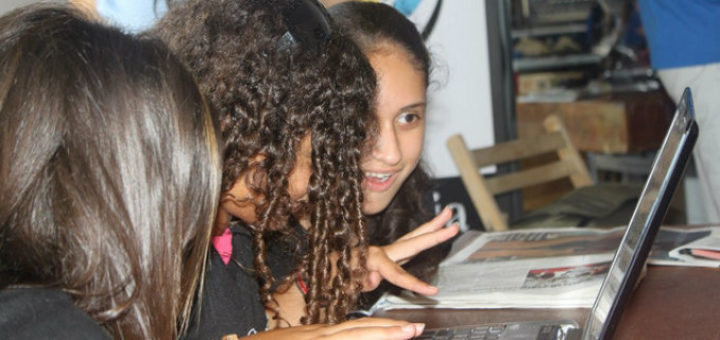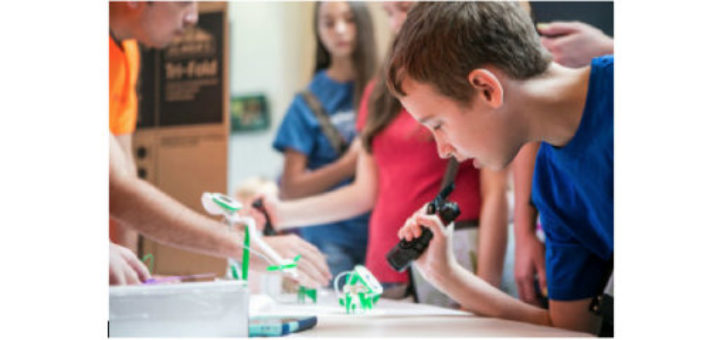Use Some Time During Summer Break To Heal
Instead of using summer to squeeze in back-to-back PD or obsessively plan for the coming year, teachers can benefit by devoting some time to restore our energy and renew our sense of self. Author and educator Debbie Silver offers some wise guidance to get us started.

